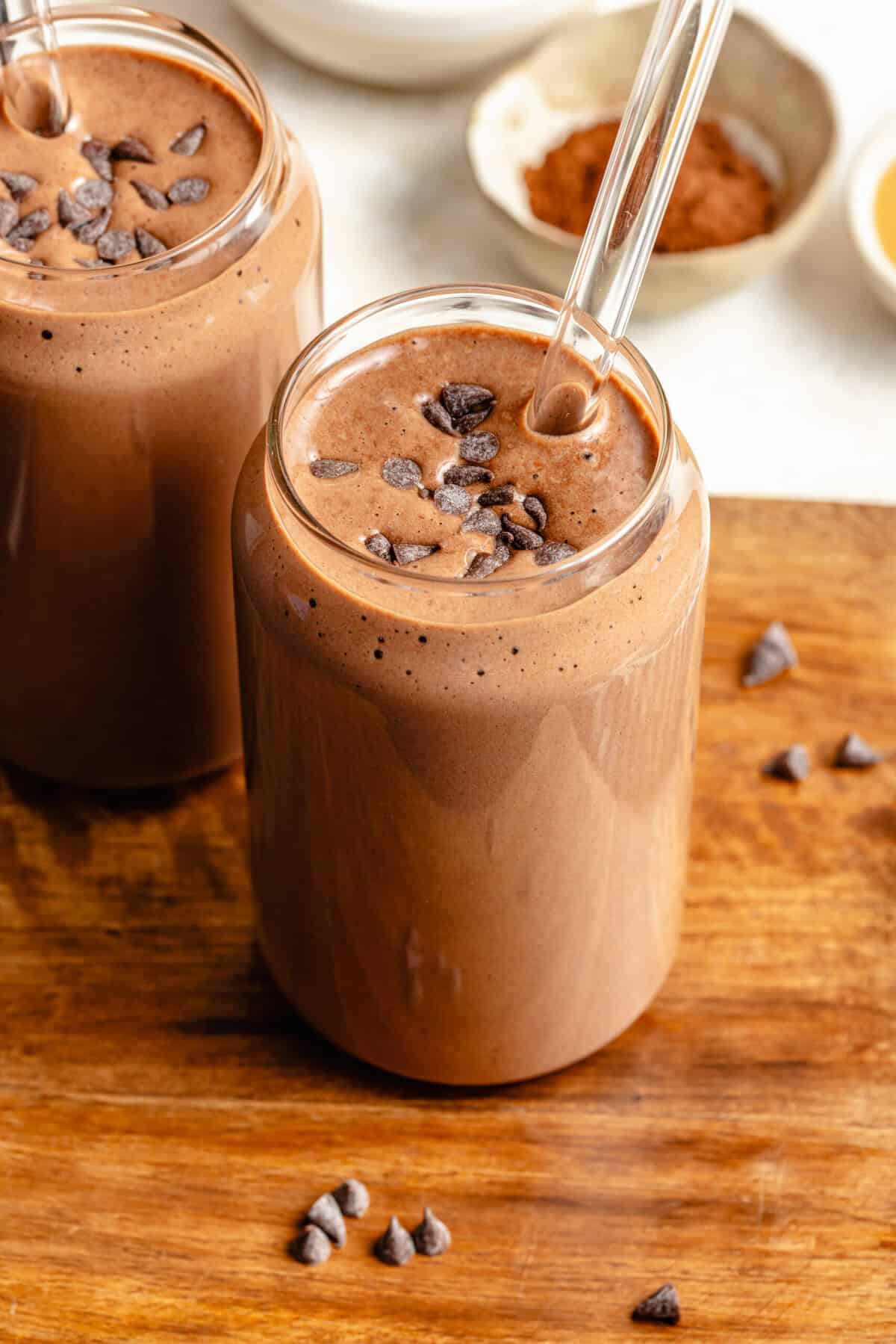Buzz Haven: Your Daily Dose of Trending News
Stay updated with the latest buzz in news, trends, and insights.
Shake It Up: The Surprising Benefits of Protein in Your Diet
Discover the unexpected perks of protein in your diet and how it can transform your health. Shake up your meals today!
How Protein Boosts Your Metabolism: Unlocking Hidden Benefits
Protein plays a crucial role in boosting your metabolism, making it an essential component of any health-conscious diet. When you consume protein, your body engages in a process known as the thermic effect of food (TEF), which requires more energy to metabolize compared to fats and carbohydrates. This means that simply eating protein can increase your energy expenditure; studies suggest that a high-protein diet can enhance metabolism by as much as 15% to 30%. Not only does this lead to more calories burned, but it can also help you maintain muscle mass during weight loss, which is vital since muscle tissue burns more calories at rest compared to fat tissue.
In addition to its metabolic benefits, protein also contributes to satiety, making it easier to control hunger and avoid overindulgence. When you consume protein-rich foods, your body releases hormones that signal fullness, such as peptide YY and GLP-1. This not only aids in weight management but also helps you make healthier food choices by reducing cravings for high-calorie snacks. Incorporating various sources of protein, such as lean meats, legumes, and dairy, can therefore unlock hidden benefits for both metabolism and overall well-being, forming a solid foundation for your health journey.

The Role of Protein in Muscle Recovery: What You Need to Know
The role of protein in muscle recovery cannot be overstated. After an intense workout, your muscles undergo stress and micro-tears, which are essential for growth. Consuming an adequate amount of protein helps facilitate the repair and rebuilding of muscle fibers. It is during this recovery phase that muscles become stronger and more resilient. The general recommendation for those engaged in regular exercise is to consume between 1.2 to 2.0 grams of protein per kilogram of body weight, depending on the intensity of the workout.
Timing is also crucial when it comes to protein intake for muscle recovery. Research suggests that consuming protein within 30 minutes to two hours post-exercise can significantly enhance muscle recovery. This is often referred to as the 'anabolic window.' Additionally, pairing protein with carbohydrates can further optimize recovery by replenishing glycogen stores. By understanding the significance of protein and its timing, athletes and fitness enthusiasts can better support their muscle recovery process and achieve their fitness goals.
Is Your Protein Intake Enough? Common Myths Debunked
In the quest for optimal health, protein intake often takes center stage, but many are left wondering, Is your protein intake enough? Misconceptions abound, with the most prevalent being that only bodybuilders or athletes need to focus on their protein consumption. However, protein is essential for everyone—it plays a crucial role in repairing tissues, supporting immune function, and maintaining muscle mass. A common myth is that consuming large amounts of protein can lead to kidney damage; in reality, this concern primarily applies to individuals with pre-existing kidney conditions. For healthy adults, a well-balanced diet provides adequate protein without the need for excessive supplementation.
Another myth that needs debunking is the idea that plant-based proteins are inferior to animal-based sources. While it is true that some plant proteins may lack one or more essential amino acids, combining different plant sources—such as beans and rice—can provide a complete amino acid profile. Similarly, many people believe they must consume protein immediately after a workout to maximize muscle recovery. While it's essential to meet daily protein requirements, the timing is less critical than previously thought; what matters most is consistently meeting your protein intake needs throughout the day. By addressing these myths, individuals can make more informed choices about their dietary habits.